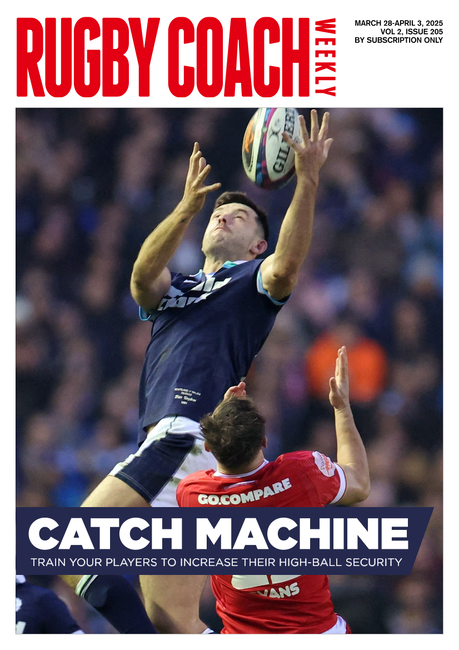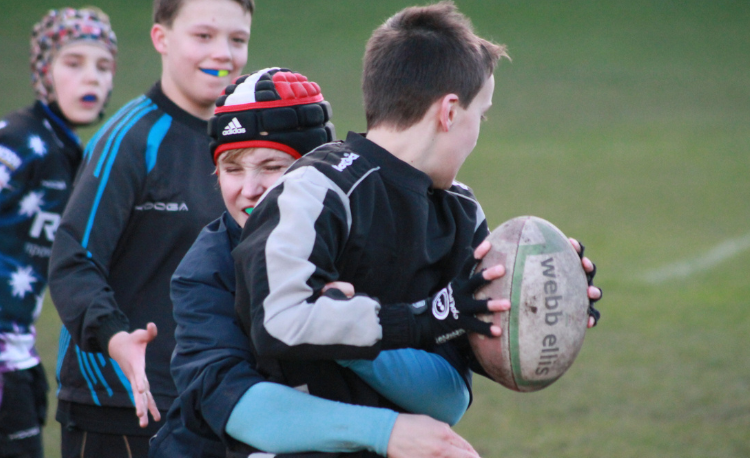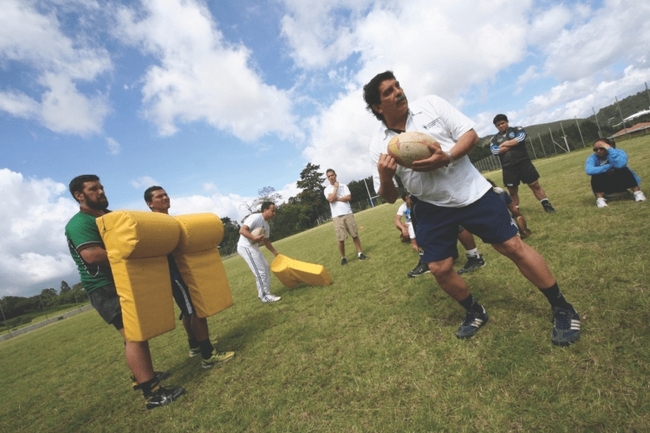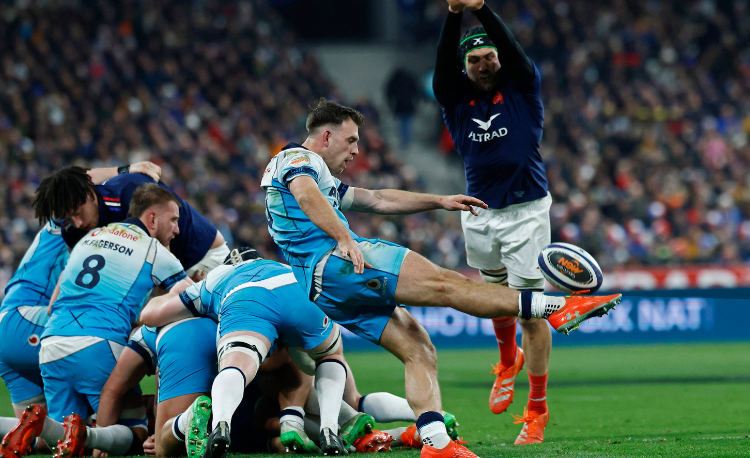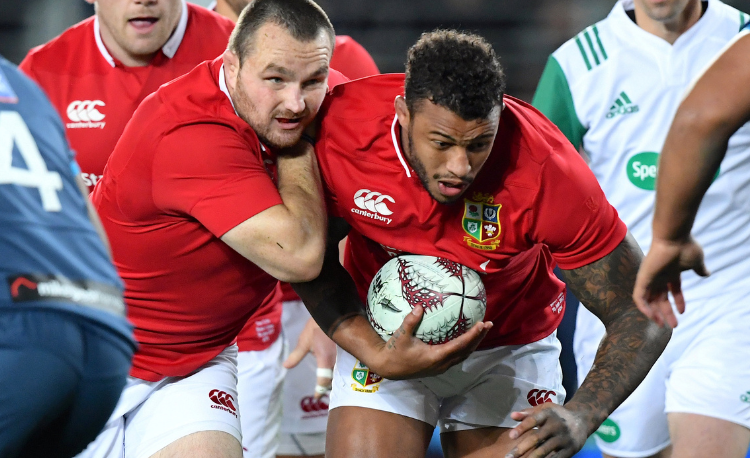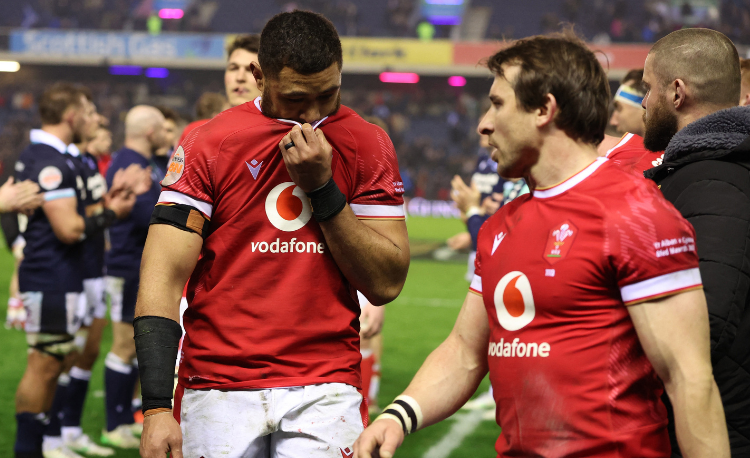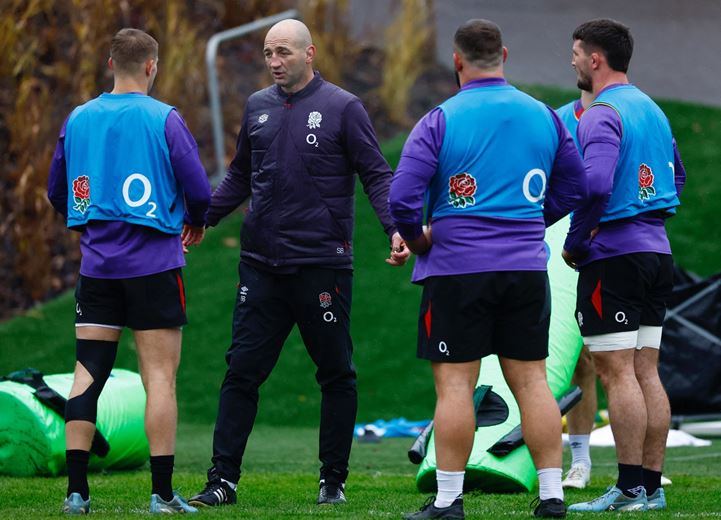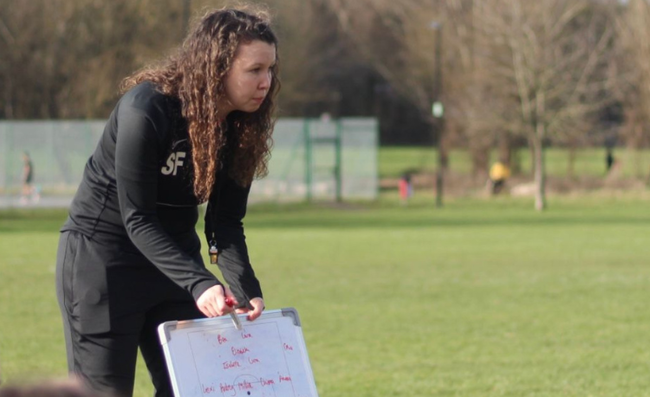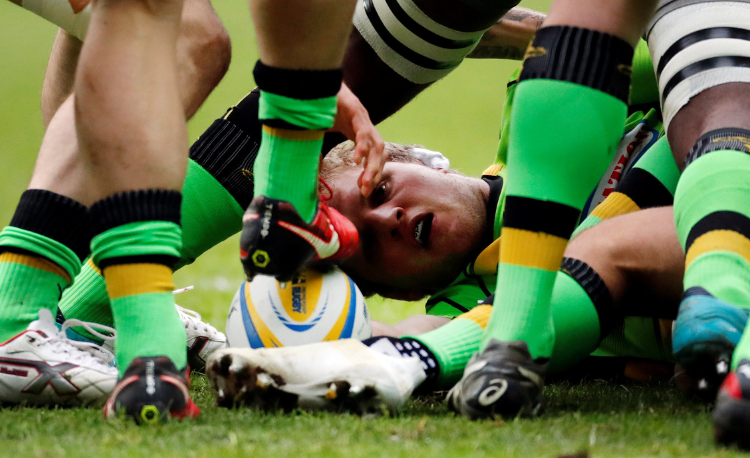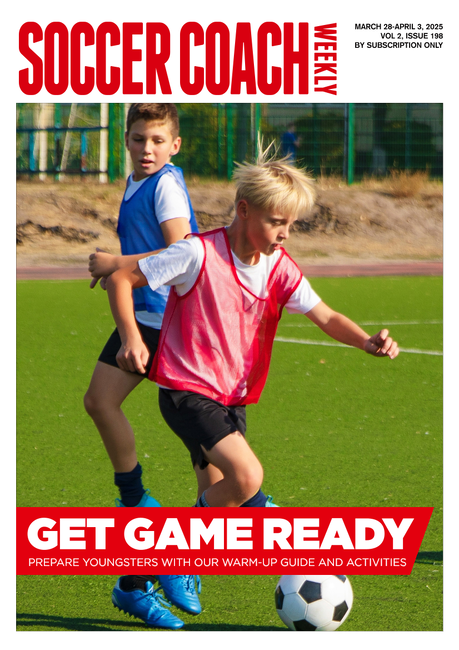When performing doesn’t mean learning

When a player performs well, do you know whether that’s because it’s been learned or just a temporary outcome that can’t be replicated next? Top skills acquisition scientist, Job Fransen helps us make sense of the difference to enhance our players’ outcomes.
It is the role of the rugby coach to ensure their rugby players perform optimally, both in the short and the long term. As a result, some coaches design practice drills, exercises or games with a specific short or long-term goal in mind.
For example, one coach can try to rectify a low pass-completion count in the last game by engaging players in a static passing drill focusing on the right passing technique. Another, in the same pursuit of improving passing, designs a sequence of modified games in which players pass under increasing amounts of defensive pressure. Both are visible on rugby training pitches, but how do we know which one is most beneficial to the performance of passing skill?
SKILL ACQUISITION SCIENCE
The answer to whether the drill or game is more successful can be found in the study of sport skill acquisition. This emerging scientific field describes how scientific insights can be used to encourage the learning of sports skills, so learners’ skills become relatively permanent yet adaptable to contexts in which they ultimately require them. For example, passing is only acquired from practice when it can be applied effectively in a game context. Sport skill acquisition science is the field of study aimed at supporting the design of better learning environments.
PERFORMANCE VS LEARNING
One of the most critical concepts in skill acquisition science relevant to every single rugby coach is the distinction between performance and learning.
Performance is a temporary change in observable behaviour, such as an improvement in the passing technique used by one of the players engaging in a passing drill.
Learning refers to a relatively permanent change in performance due to practice which can readily be adapted to new contexts or variations of the skill.
For example, practising passing leads to permanent improvements in passing technique, which can be adapted to meet the demands imposed on the player by different practice or competitive environments. The tricky bit is how to recognise whether players are performing or learning.
LOOKING MORE CAREFULLY
Take, for instance, a practice that feels like a breeze, everything goes right, and all go home with a good feeling that everything was 'executed perfectly' or that performance ‘looked sharp’. While these seamlessly errorless practices may feel good, they likely give the coach a distorted view of what was actually learned. After all, learning is not easily observable while performance is. What ‘looks’ good may not actually benefit long-term learning.
So how can a coach figure out if learning is taking place?
The first, and obvious, step is to not try and infer long-term learning from performance during practice.
Second, there are a few characteristics of learned behaviour coaches can look out for to evaluate their practices in the context of long-term planning.
LEARNED BEHAVIOUR LOOK-OUTS
This is by no means an exhaustive list but understanding and applying these basics will mean a world of difference.
Learned behaviour persists over time: a coach who revisits a passing practice session after four weeks without practising should see that the passing behaviour changes that resulted from the last session are still present now.
Learned behaviour is adaptable: when placing players in a context in which they must apply the passing behaviour (or slight variations thereof) to a different context, a coach should observe a decent amount of transferability of the learned behaviour.
Learned behaviour requires little attention: when asking players to pass and, at the same time, requiring the performance of another task (like decision-making, recognising cues, or even counting backwards from 99 in steps of 7) the coach should observe that as a behaviour is learned, it can be more readily, and with greater effectiveness, executed alongside the secondary task which now occupies most of the player’s cognitive capacity.
Learned behaviours are robust under stress: when placing the players in a stressful situation, say with a lot of defensive pressure, or in the last play of a simulated game, learned behaviour holds up well and limited performance decrements should be observed.
THE CONFIDENCE-COMPETENCE CONTINUUM
While no doubt all coaches are interested in encouraging long-term learning, many practice sessions I regularly observe encourage only short-term performance improvements rather than targeting long-term learning.
But should we all suddenly change what we are doing? I do not think so. While more training sessions should focus on fostering long-term learning, there is also a benefit to a practice that only worries about improving short-term performance.
CONFIDENCE TRAINING
Pre-competition feeling that you are ready. Set up training to reduce the error count.
COMPETENCE TRAINING
Post-competition feeling that you are ready to improve. Set up training to challenge and be confident to make errors.
This distinction is best viewed on ‘the confidence-competence continuum’. This continuum is anchored on one side by ‘training for confidence’ which is characterised by lower error training used to optimise performance. It is likely best used close to an important game or competition to make players feel confident in their abilities (a confident player is likely to use a skill more often than one not confident in their capabilities).
On the other side, the continuum is anchored by ‘training for competence’. Competence training may look less smooth due to its greater performance errors and is more likely to cause frustration in players, but it is mostly aimed at getting long-term learning benefits. It is best used when some time is available before optimal performance is required at the next competition or game, such as during a pre-season.
CONCLUSION
One of the many key aspects coaches can borrow from skill acquisition science for the improvement is a better understanding of the difference between performance and learning. Practice aimed at improving performance may boost players’ (and coaches’) confidence in the short term but likely does very little for the optimisation of learning.
It is important that the coaches’ toolbox has practice sessions on both ends of the confidence-competence continuum and that coaches know how to infer if learning is taking place during or over a series of practice sessions.
Job Fransen is a skill acquisition specialist at the University Medical Centre Groningen. He has worked with high-performance athletes and coaches across many sports, including rugby union, Australian Rules Football and the NBA.
References:
Soderstrom, N. C., & Bjork, R. A. (2015).Learning versus performance: An integrative review. Perspectives on Psychological Science, 10(2), 176-199.
Schmidt, R. A., & Bjork, R. A. (1992). New conceptualizations of practice: Common principles in three paradigms suggest new concepts for training. Psychological science, 3(4), 207-218.
Kantak, S. S., & Winstein, C. J. (2012). Learning–performance distinction and memory processes for motor skills: A focused review and perspective. Behavioural brain research, 228(1), 219-231.
Related Files
Newsletter Sign Up
Coaches Testimonials
Subscribe Today
Be a more effective, more successful rugby coach
In a recent survey 89% of subscribers said Rugby Coach Weekly makes them more confident, 91% said Rugby Coach Weekly makes them a more effective coach and 93% said Rugby Coach Weekly makes them more inspired.
Get Weekly Inspiration
All the latest techniques and approaches
Rugby Coach Weekly offers proven and easy to use rugby drills, coaching sessions, practice plans, small-sided games, warm-ups, training tips and advice.
We've been at the cutting edge of rugby coaching since we launched in 2005, creating resources for the grassroots youth coach, following best practice from around the world and insights from the professional game.



